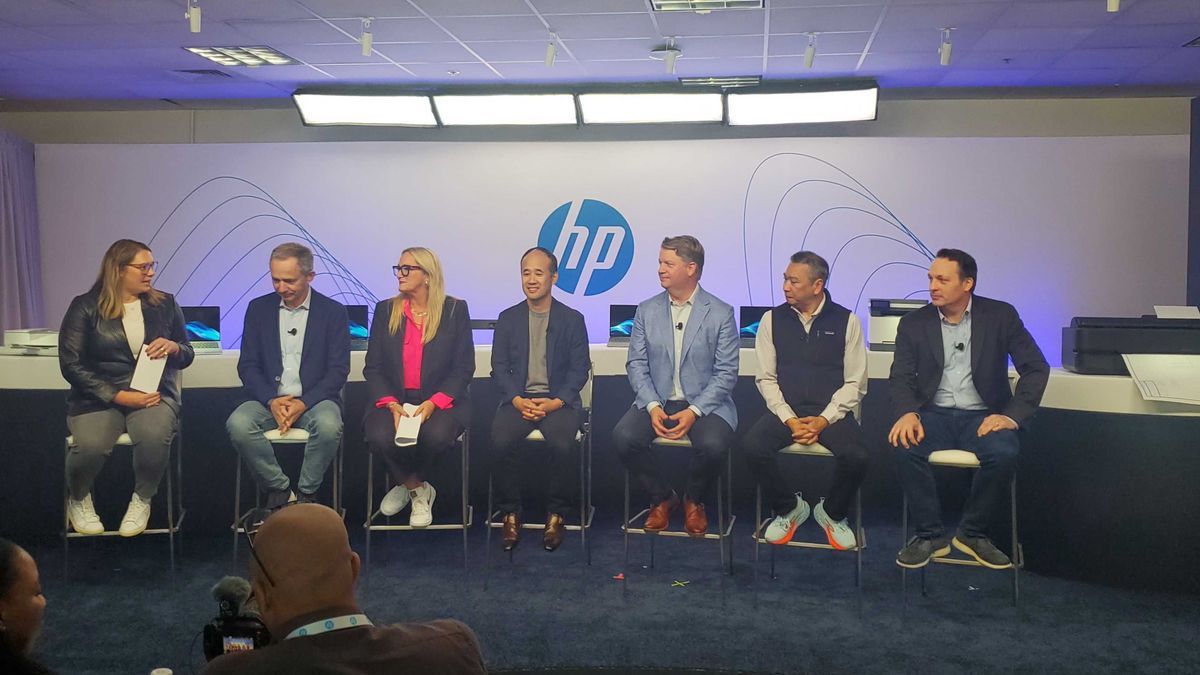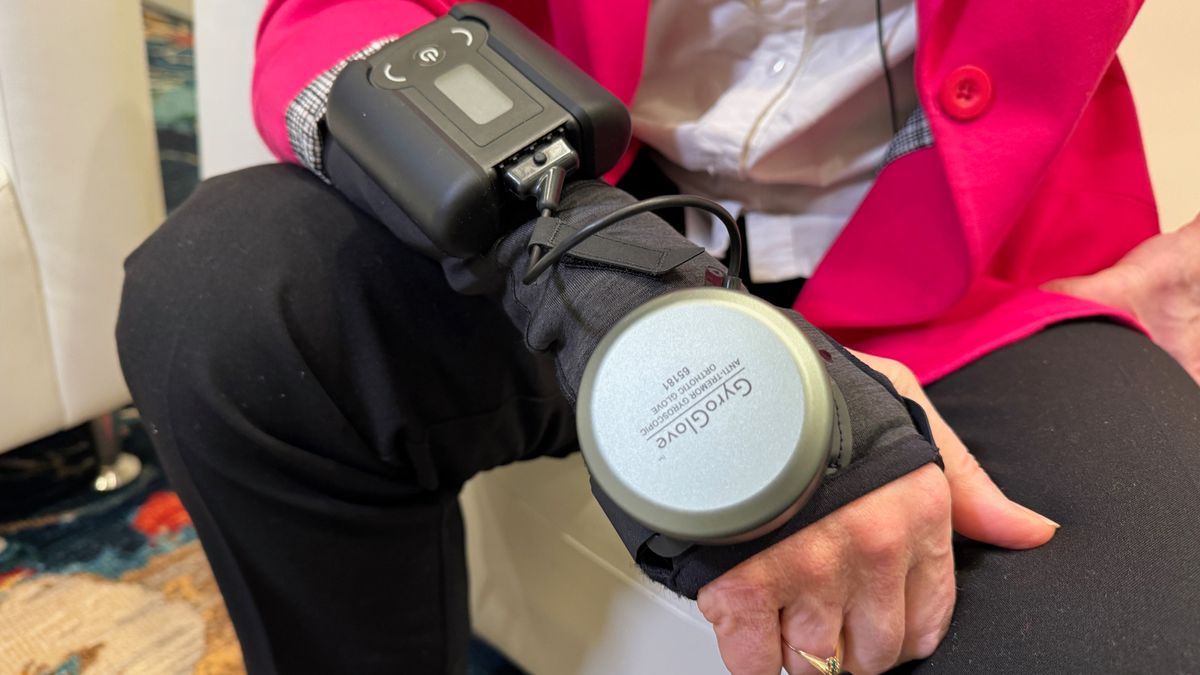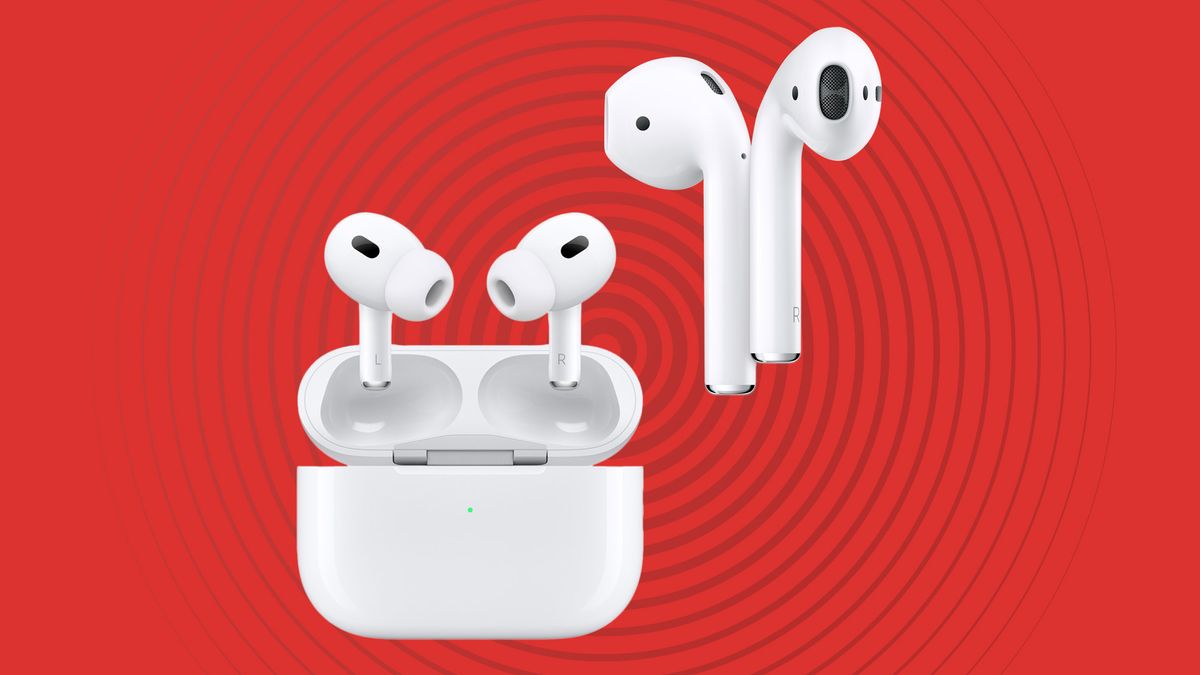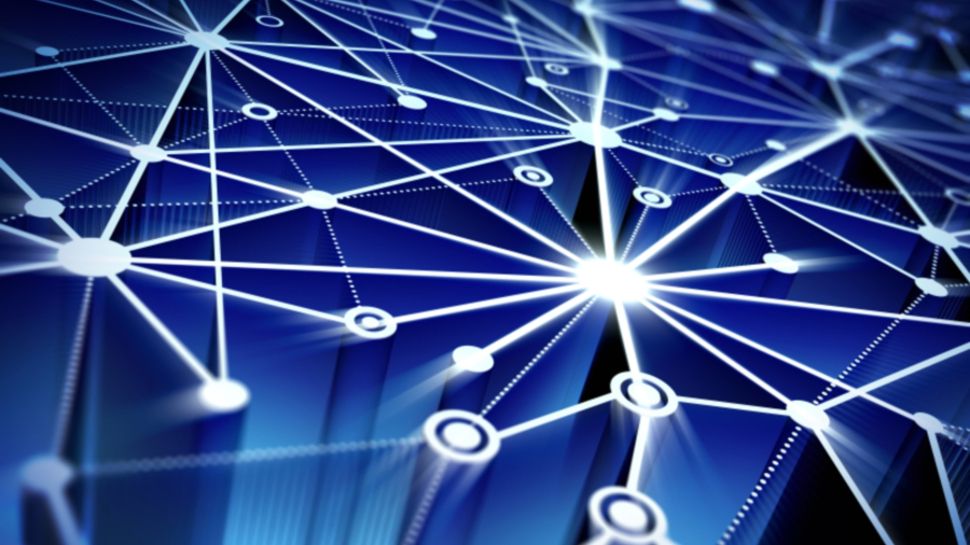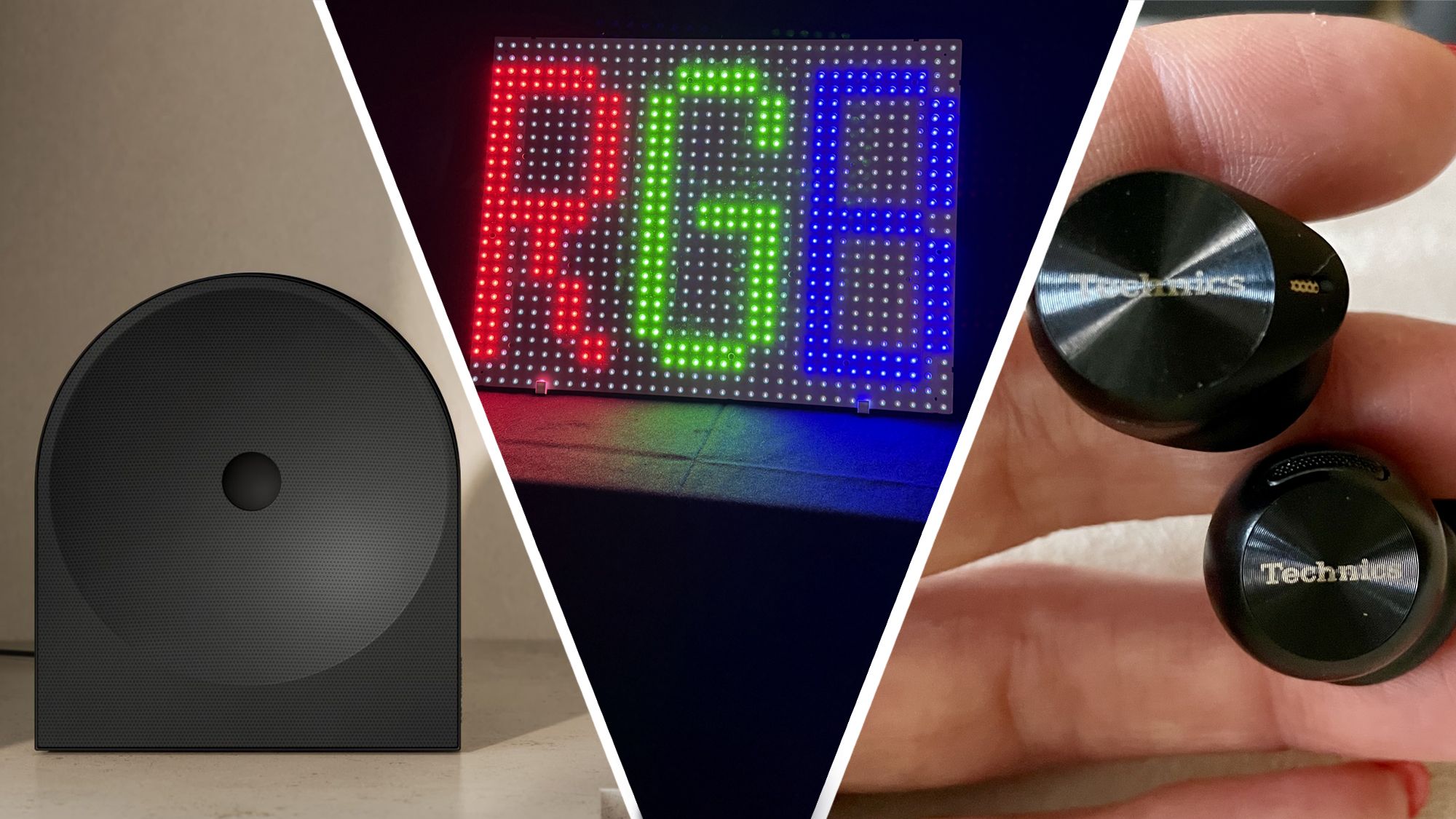HP hosted its HP Imagine 2024 event, showcasing new AI-powered technologies and devices launching in late 2024 and 2025. While there was a lot of overlap in topics between this event and HP’s July 2024 event, there were also some new surprises.
Two of these include the announcement of the OmniBook Ultra Flip, a lightweight, stunning-looking AI-powered 2-in-1 laptop designed to be flexible, and the EliteBook X, which is touted as the “most powerful” AI PC that features “the best in AI performance,” as HP claimed in its presentation.
Other tools mentioned, both old and new, include HP Print AI, which will be bundled with its upcoming HP printers, Perfect Output (which helps with print formatting), Cyberlink, HP Gen AI Lab, HP Wolf Security, and a new HP app that connects all of your HP devices.
There was one common theme throughout the event: workers do not have a healthy relationship with their work. To demonstrate this, HP conducted research into these claims and presented them through infographics. According to HP’s research, only 27% of workers are satisfied with their workspace.
The link here is that AI is the key to unlocking a better relationship with work – for example, the number of people using AI has risen to 66% in 2024 from just 38% last year, with those who have made the switch seeing a massive increase in job satisfaction, while those who avoid using it are less satisfied and more fearful of the technology.
In fact, people are doing better at work with AI, as indicated by the Workplace Relations Index score for knowledge. Workers using AI scored 11 points higher compared to those not using AI. These are points that HP has emphasized, indicating that HP has the most to take advantage of this.
It seems that HP is working to allay many of these concerns by focusing more on how AI is a tool to collaborate and help with rather than a replacement for people. The possibility of being able to use AI locally is huge, as it means that HP and AI chatbot companies can’t train their models on your data. Security, privacy, and safety also seem to be major concerns for HP, and it addresses these with its malware defense under the aforementioned Wolf Security, which has been made available to consumers with the latest laptops.
There is also HP Gen AI Lab, a feature that prevents “hallucinations” in AI datasets. Hallucinations are incorrect or misleading information generated by an AI system, which occur when AI models make mistakes due to insufficient training data, incorrect assumptions, or biased data.
Another major concern is sustainability, or how much power the AI consumes every time it processes a query. This topic wasn’t mentioned as much, but it was addressed during a media meeting with several HP representatives. Basically, HP believes that since the NPU handles most of the workload in AI usage, it decreases the power consumption of the GPU and CPU, making laptops more energy-efficient and sustainable.
It was also mentioned that many of these companies with workstations already have strict energy consumption standards in place, primarily due to limits on how much power a warehouse can use. Of course, this doesn’t address the very real reality that despite these restrictions, AI is still in use. Drainage of natural resources at an alarming rate.
HP also stated that by 2025 it should be 100% free of any single-use plastic in its product packaging and that it has so far used at least 1 billion tons of ocean-recovered plastic, recovered fishing nets, and used cooking oil to make its products. When asked, HP stated that its partners also go through an onboarding process where they must meet strict requirements to partner with the company.
What’s most fascinating is that, as usual, AI is used interchangeably between tools that are useful in everyday life and in evolution, and the more recent generative AI, which has become very popular and is much more controversial. While I won’t directly accuse any company of having bad intentions, and it’s very clear that HP is ahead of the curve in many of its claims and goals compared to its competitors, the fact that the definition of AI is often so fuzzy in these presentations is something worth mentioning.
However, HP appears to be making an effort and has made significant progress on the various points of contention in AI, such as sustainability, security, hallucinations of data sets, integrity, and use in everyday life. Compared to other corporations, there is a real and measured effort to ensure that its AI policies and practices are as ethical as possible (within the framework of capitalism) and those efforts have had tangible results.
As HP told me, “our best efforts are not enough” when it comes to making real changes that impact the future of our world. That said, I hope that HP’s best efforts will be enough going forward. Anything less could have dire consequences for all of us.

